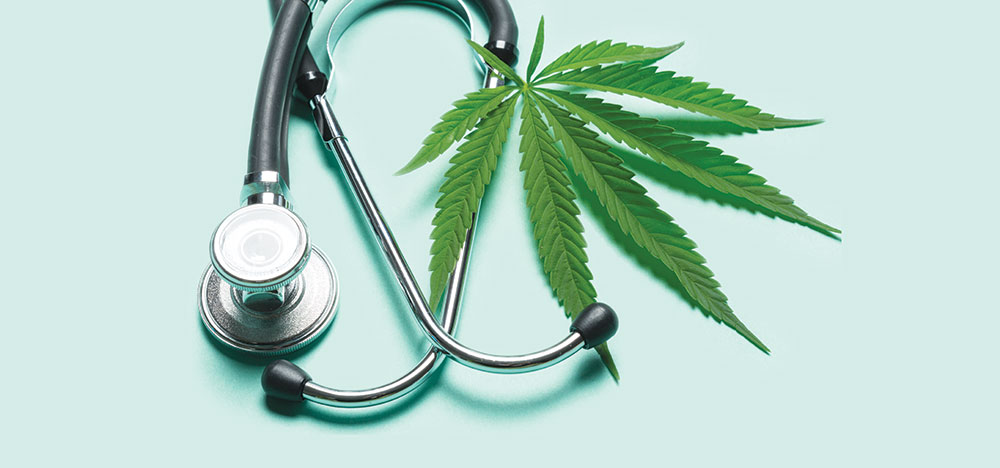With legalization, how do we go back to determining what’s a medical use?
Despite what people on all sides of the question might say, declaring cannabis to be an “essential” service, thus keeping dispensaries open along with grocers and pharmacies, isn’t necessarily an easy call. Most consumers of legal cannabis are recreational users, after all. Most of them don’t need cannabis, as much as they might appreciate having it while they’re stuck at home. If it’s crucial that we eliminate human contact to the greatest degree possible, why should cannabis be excepted?
It’s a dilemma that local governments have wrestled with since the middle of March, when six Bay Area counties, followed later by the state government, issued stay-at-home orders and forbade all but “essential” businesses to close down. Although “essential” included cannabis, the details of how pot businesses should be allowed to operate were let to local jurisdictions. San Francisco at first declared that cannabis shouldn’t get the designation at all, but quickly backed off. A couple of weeks ago, Berkeley issued an order that cannabis shops had to close, even for curbside pickup. Only deliveries would be allowed. That order was rescinded in less than a day
On April 1, Santa Clara County ordered that cannabis sales would have to be delivery-only, except for medical marijuana purchases. Local dispensaries, customers and some of their shops’ suppliers mounted a pressure campaign to get Santa Clara to back off, just as San Francisco and Berkeley had done. A petition drive collected more than 18,000 signatures as of April 8, according to campaign leaders
The groundswell of support for the petition is not surprising. The bottom line for cannabis businesses and their customers is that, since cannabis has been deemed “essential” by the state, there’s no good argument for treating it any differently than any other business. One big reason: while recreational sales make up the bulk of the business, lots of people really do need cannabis for medical reasons. And, especially since cannabis became legal in California, there’s a murky middle ground, where many “recreational” users depend on cannabis partly to address health concerns, but don’t have a medical marijuana card. It’s a restriction that isn’t applied to, say, people who want to buy aspirin at CVS, or a bag of donuts at Safeway for that matter.
“With the passing of Prop 64, a medical card was essentially deemed unnecessary,” wrote Jocelyn Sheltraw, an executive at the cannabis-data outfit Headset, in an open letter to government officials posted on LinkedIn. “In fact,” she continued, “according to officials in Santa Clara County, 95 percent of people do not hold medical cards.”
If medical marijuana had been kept a separate business from recreational pot, it might be easier to shut down the recreational part, critics of these restrictions note. As it stands, it’s impossible. What’s more, many consumers who use cannabis to treat aliments are elderly or poor. “Both of these populations may have limited access to the Internet, which would prevent online ordering,” Sheltraw wrote. “And equally as important, these patients may need consultation with dispensary staff to receive proper medical guidance.”
Anthony warned that if the county’s rule remains in place, “It would set a really bad precedent, and other governments around the state could follow suit.”








